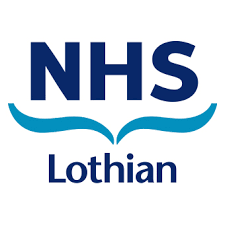- Proton pump inhibitors (PPIs) and H2 antagonists are associated with an increased risk of Clostridium difficile infection.
- It is not recommended to stop these drugs when antibiotics are prescribed.
- PPIs are an important part of managing peptic ulcer disease and preventing serious GI bleeding. Stopping PPI/H2 antagonists may cause harm.
- On admission complete a medicine reconciliation, review the need for PPI/H2 antagonists, based on the original indication for use, and ongoing benefit.
- If a patient is to be started on antibiotics:
- Start Smart: follow the empirical guidance and document an antibiotic plan. Avoid 4C antibiotics in patients over 75 years old or in patients with previous CDI.
4C ANTIBIOTICS: COAMOXICLAV, CIPROFLOXACIN, CLINDAMYCIN, CEPHALOSPORINS
-
- Senior review @ 24 hours: is the diagnosis correct, are antibiotics required?
- Then Focus @ 72 hours: Review the patient + microbiology results and decide on an antibiotic outcome. Use the shortest treatment course possible.
Consider:
- Is this Clostridium difficile infection (CDI)? Send samples for microbiological testing
- Consider other causes of diarrhoea, including medication (such as PPIs) or laxatives
- For suspected or proven CDI follow management advice in Guidelines
- In proven CDI: stop any use of anti-motility agents and gastric acid suppressant agents (including PPIs/H2 antagonists) if possible

